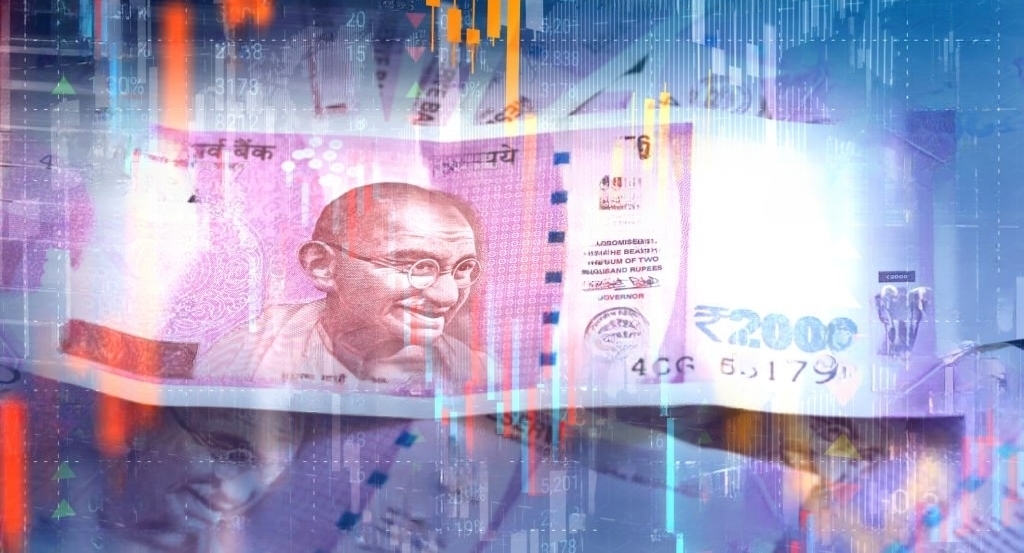
Introduction
In a recent development, the Reserve Bank of India (RBI) has made a significant announcement regarding the withdrawal of Rs 2,000 denomination notes from circulation. However, it is important to note that despite this decision, these notes will continue to retain their legal tender status, providing reassurance to the public.
Understanding the RBI’s Decision
The RBI’s decision to withdraw Rs 2,000 notes from circulation might come as a surprise to many. Since their introduction in November 2016 as a part of the demonetization drive, these high-value banknotes have been an integral part of India’s currency system. However, the withdrawal does not mean the discontinuation of the notes as legal tender.
Continued Legal Tender Status
The RBI’s announcement clarifies that despite the withdrawal of Rs 2,000 notes from circulation, they will remain a recognized form of currency. Citizens can continue to use these notes for all transactions, including making payments for goods and services, as well as settling debts and obligations. It is important to highlight that legal tender refers to the acceptance of these notes as a medium of payment for all transactions within the country.
The RBI’s intention behind maintaining the legal tender status of the Rs 2,000 notes is to ensure a smooth transition and minimize inconvenience for the general public. This move is primarily aimed at addressing concerns related to hoarding, counterfeit currency, and the circulation of high-denomination notes in illegal activities.
Reasons for Withdrawal
The RBI’s decision to withdraw the Rs 2,000 notes is driven by various factors. The foremost objective is to tackle the challenges associated with counterfeit currency. Since their introduction, there have been reports of fake Rs 2,000 notes circulating in the market, which can have detrimental effects on the economy and erode public trust in the currency.
Another reason behind this move is to discourage the hoarding of cash, which can hinder the effective implementation of monetary policies. By withdrawing the higher denomination notes, the RBI hopes to promote digital transactions, encourage the use of lower denomination notes, and curb the storage of black money.
Impact on the Economy
The withdrawal of Rs 2,000 notes will have both short-term and long-term implications for the Indian economy. In the short term, there may be some initial confusion and adjustment required as individuals and businesses adapt to the change. However, as the public becomes familiar with the decision, the impact should be minimal.
The long-term effects of this decision are expected to be positive. By discouraging the use of high-denomination notes, the RBI aims to boost the usage of digital payment methods, thus fostering financial inclusion and enhancing transparency in transactions. This aligns with the government’s push for a cashless economy and can contribute to the country’s economic growth in the long run.
Conclusion
The RBI’s decision to withdraw Rs 2,000 notes from circulation while retaining their legal tender status is a significant step towards addressing concerns related to counterfeit currency and hoarding. While it may require some adjustment initially, this move is expected to contribute to the overall transparency and efficiency of India’s financial system.
As the public embraces digital payment methods and the use of lower denomination notes, the economy can progress towards a more inclusive and cashless future. The RBI’s decision underscores their commitment to ensuring the stability and integrity of India’s currency system, ultimately benefiting the nation as a whole.
Thanks & Regards
Dr. Vijay Jha
CEO & Founder
Kaspi Services Pvt Ltd
It’s a bold move by the RBI to withdraw Rs 2,000 notes from circulation. I hope this decision helps in curbing black money and illegal activities. However, I wonder if there will be enough lower denomination notes available to facilitate transactions smoothly.
Indeed, the decision is a significant step towards curbing black money and illegal activities. While the availability of lower denomination notes is a valid concern, it is important to note that the RBI’s intention is to encourage digital transactions as well. By promoting the usage of digital payment methods, the reliance on physical currency can be reduced. This transition may take some time, but it has the potential to contribute to a more transparent and efficient financial system in the long term.
This decision to withdraw Rs 2,000 notes from circulation seems quite surprising. While I understand the concern about counterfeit currency, it might cause some inconvenience initially for people who have these notes. I hope the transition is smooth, and the government encourages the use of digital transactions.
I agree with you that the decision may cause some initial inconvenience. However, the RBI’s intention behind retaining the legal tender status of the Rs 2,000 notes is to minimize disruption and ensure a smooth transition. The move aims to address concerns related to counterfeit currency and promote digital transactions in the long run. It will be interesting to see how this decision impacts the overall economy and encourages the adoption of alternative payment methods.